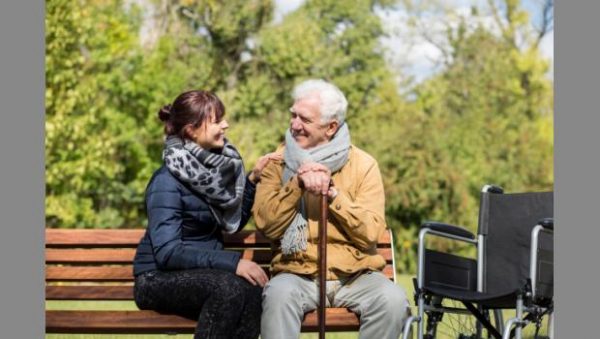With ever more baby boomers entering their golden years, third party end-of-life planners may be in great demand over the next two decades, as people try to take more control over their care as they die.
The Baby Boomers have redefined every stage of life they passed through, changing the definition of what it meant to be young, middle aged and now, old. (Fifty is the new 30, and gray is the new black.) Finally, we’re working on the last frontier — death.
An enormous amount of health care spending is invested in the postponement of dying. Courtney Martin wrote in the New York Times last year: “According to the National Institute of Health, 5 percent of the most seriously ill Americans account for more than 50 percent of health care spending, with most costs incurred in the last year of life in hospital settings.”
The Baby Boom generation is becoming the largest group of elderly people the country has seen, and when we go, we want to go well.
End-of-life planning became a controversial part of the Affordable Care Act when vice presidential candidate Sarah Palin labeled the idea “death panels” in 2009. In 2015, the ACA once again proposed reimbursing doctors for having the discussion with patients. Some futurists predict that third party end-of-life planners may be in great demand over the next 20 years as people try to take more control over their care as they die.
Studies have shown that two-thirds of us would prefer to die at home, but most of us generally die in Intensive Care Units at hospitals, receiving care and medication that extends the quantity of time we live, but greatly reduces the quality of it. End-of-life planners can help individuals and their families create a plan that accounts for how and where someone will face the last few months of life: at home, in a hospital or in hospice.
End-of-life counseling can be delivered by a variety of professionals, including clergy and chaplains, financial planners, medical staff or attorneys. Some colleges now offer certifications for professionals who want to specialize in end-of-life care. The certifications are often part of a gerontology program, preparing students to offer advice on social, psychological, medical, financial, legal and spiritual issues related to care.
Florida-based Mediation Training Group offers training on how to mediate between elders and their adult children about issues such as driving, remaining at home or medical care. The continuing education credit program is aimed at psychologists and social workers who deal with these issues in their family practice; similar training is offered for family law attorneys.
Doulas are women who have traditionally been trained to provide information and physical and emotional support to women before and during childbirth. The International End of Life Doula Association (www.inelda.org) offers the INELDA certification, which requires 22 hours of training. Doulas must meet certain requirements, including character references, and must complete several vigils that are evaluated by staff.
End-of-life doulas focus on planning, conducting vigil during death, and reprocessing a death with loved ones afterwards to provide insight and comfort. They may work in hospice or other institutional settings or work independently. Both the University of Central Florida and University of South Florida offer graduate certificates in end-of-life care.
End-of-life counseling is a relatively new profession, so data on salaries is not broken out from a professional’s primary practice. Attorneys and social workers will offer end-of-life services, so their earnings will supplement their fees. According to prodoula.com, certified doulas charge up to $1,500 for their services and earn an average of $45,000 per year. If compassion is your strength, you may be able to turn dying into a living.
Complete Article HERE!

